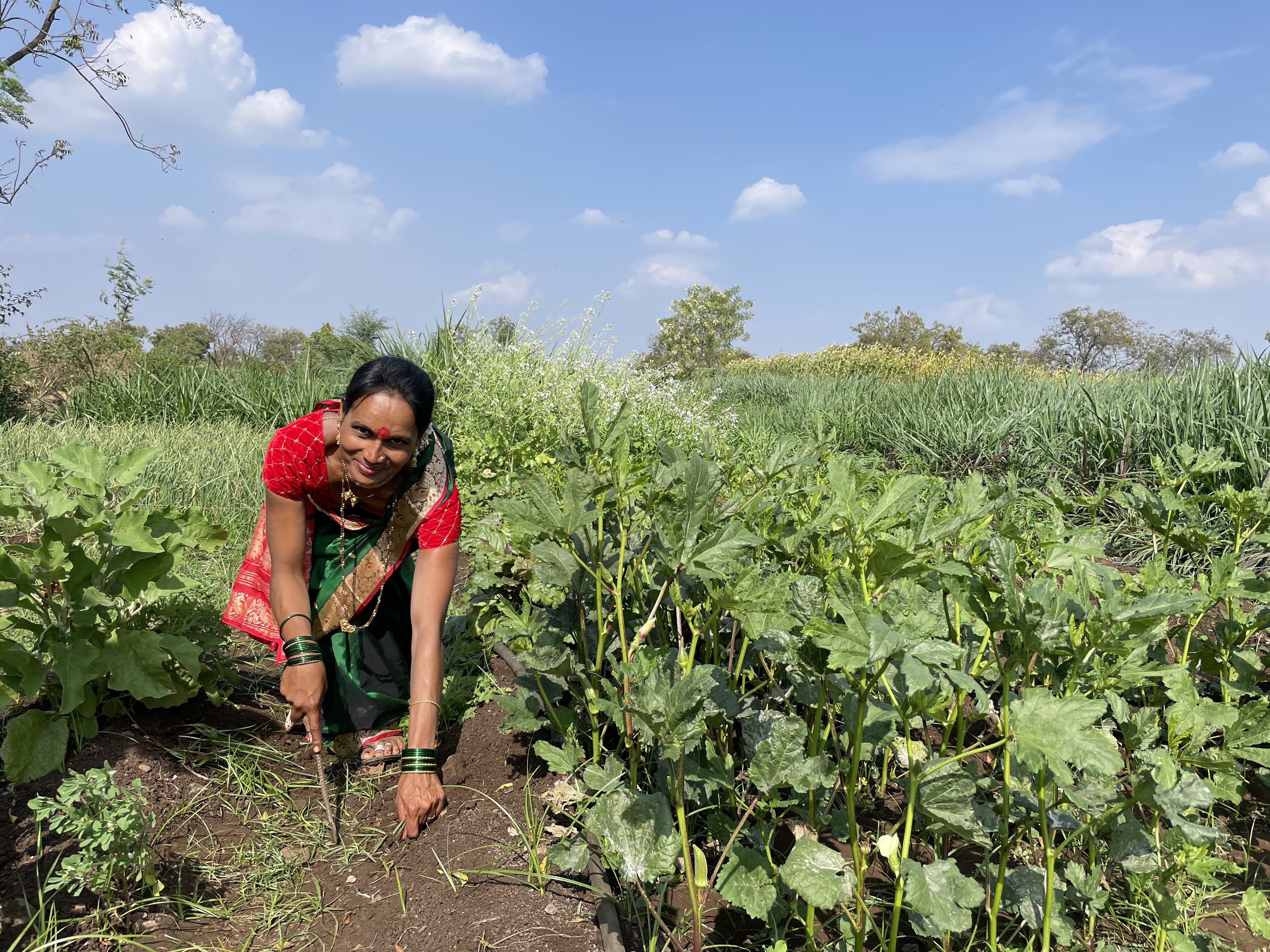A Friendship Like No Other
Farmer Field Schools In Beed Help Women Come Into Their Own
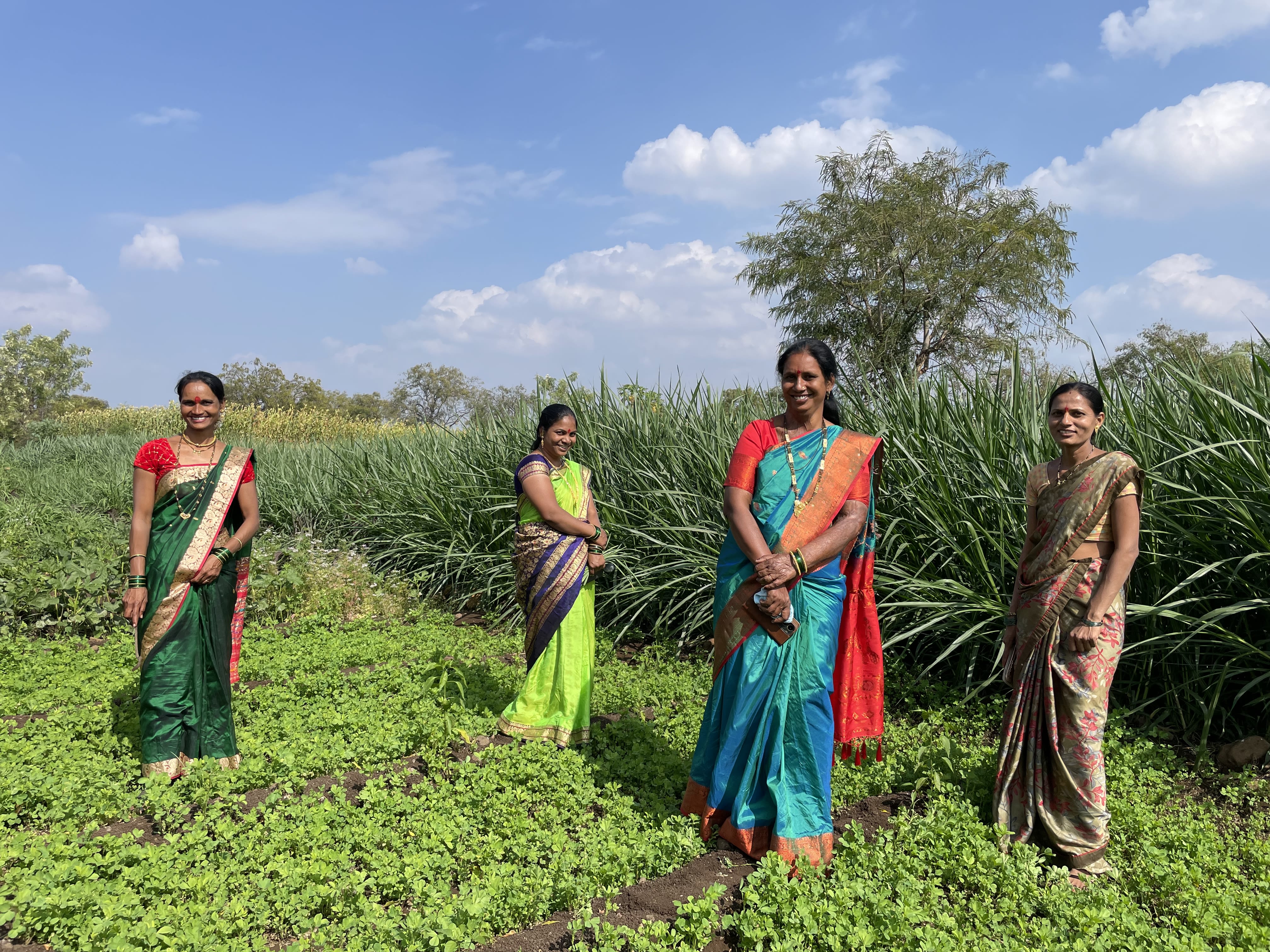
It’s a bright, sunny day in Gandharwadi village, Patoda, Beed, and Usha Ganesh Pashpute, Pushpa Sadashiv and Jaishree Santosh Pawar are walking to the village school to celebrate Sankranti. Dressed in their finest saris, they talk animatedly amongst themselves, bursting into occasional laughter. The women are loud, and their chatter is a source of visible discomfort amongst men of the village who glare at them with suspicious eyes. The women seem unbothered, and at ease in each other’s company. A spirit of camaraderie connects them.
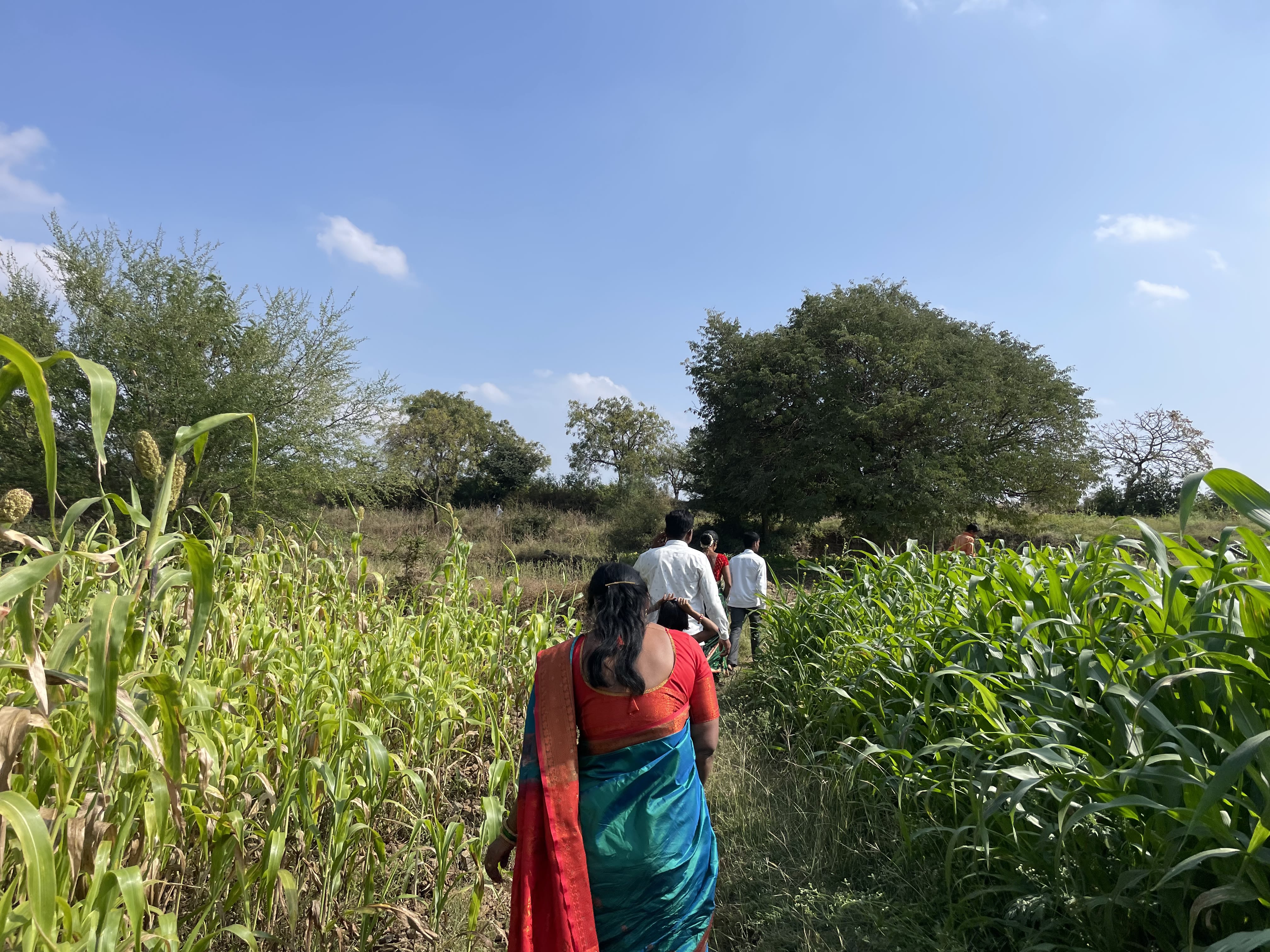
Usha, Pushpa and Jaishree walking to the village school
Usha, Pushpa and Jaishree walking to the village school
It’s hard to believe they met just six months ago, brought together by one of the first women’s Farmer Field Schools (FFS) in the village that was initiated by WOTR, through Axis Bank Foundation’s ‘Sustainable Livelihoods Programme’.
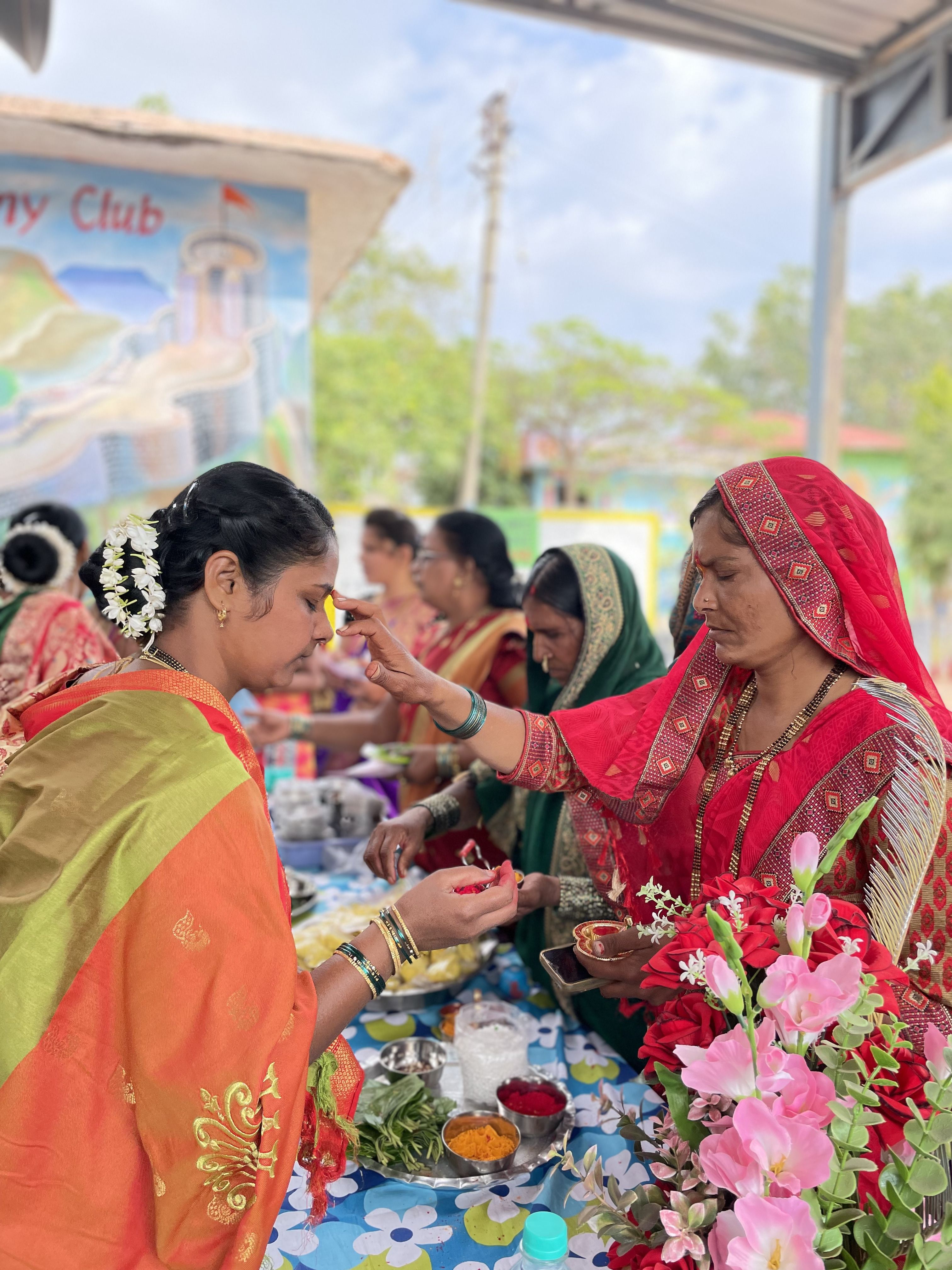
Celebration of Sankranti in the village
Celebration of Sankranti in the village
The seed for the formation of this group was laid in July last year, when WOTR initiated the formation of Self Help Groups (SHGs) in Patoda with a focus on providing assistance to women on sustainable agriculture and livelihoods.
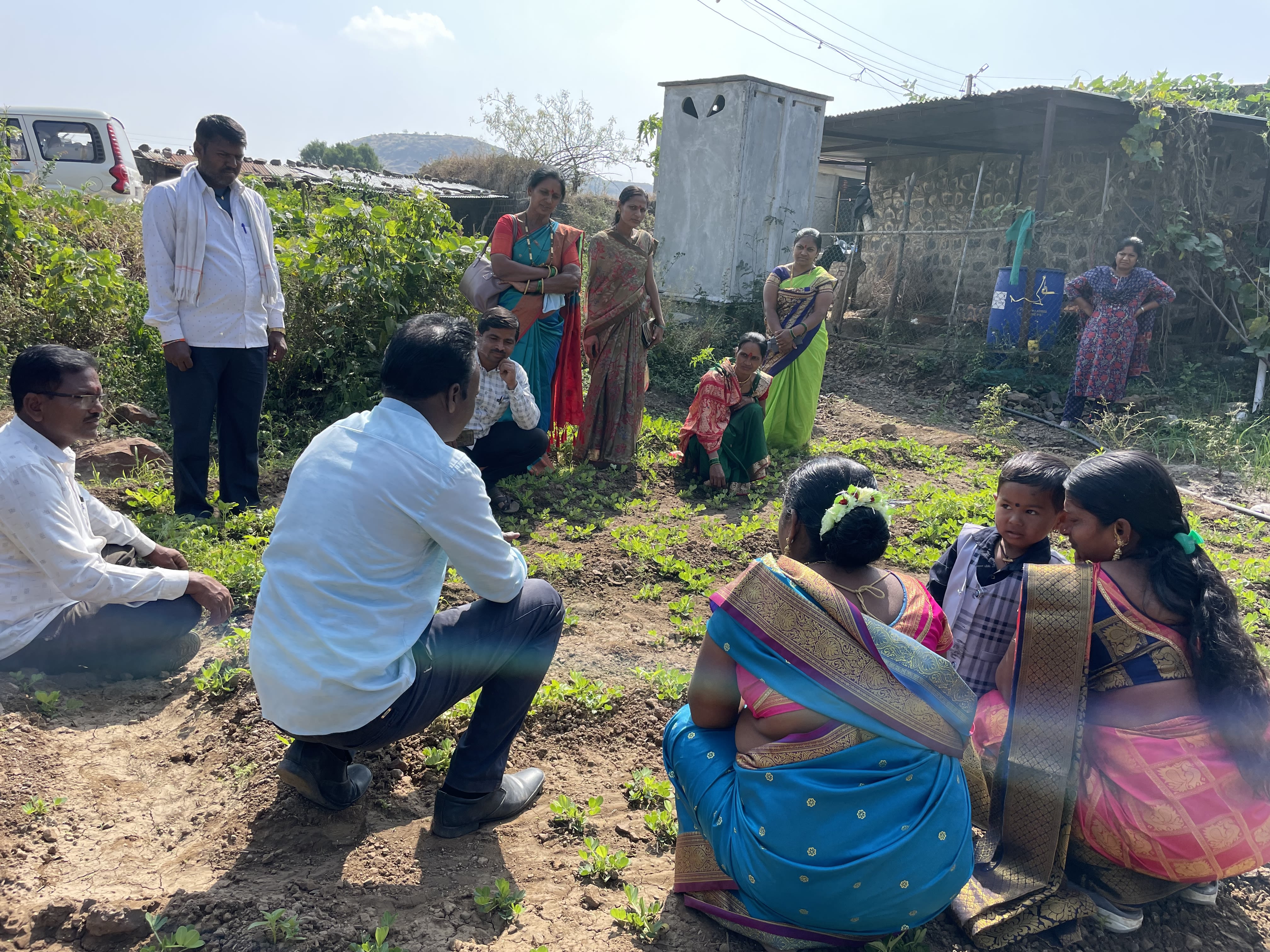
“Women were reluctant to step up, but we knew that if women were given importance, a lot could happen, because they are actually the labour that work in the fields. They also are good learners, and actually implement what they learn. In Patoda, we have formed 14 FFSs focussed on women to encourage them to learn more about agriculture, with each group having 10-15 women,” says Rajinder Jhadav, WOTR official from Patoda.
To begin, the women were taken on an exposure visit to Baramati, where they learnt about scientific practices to follow to undertake soybean cultivation.
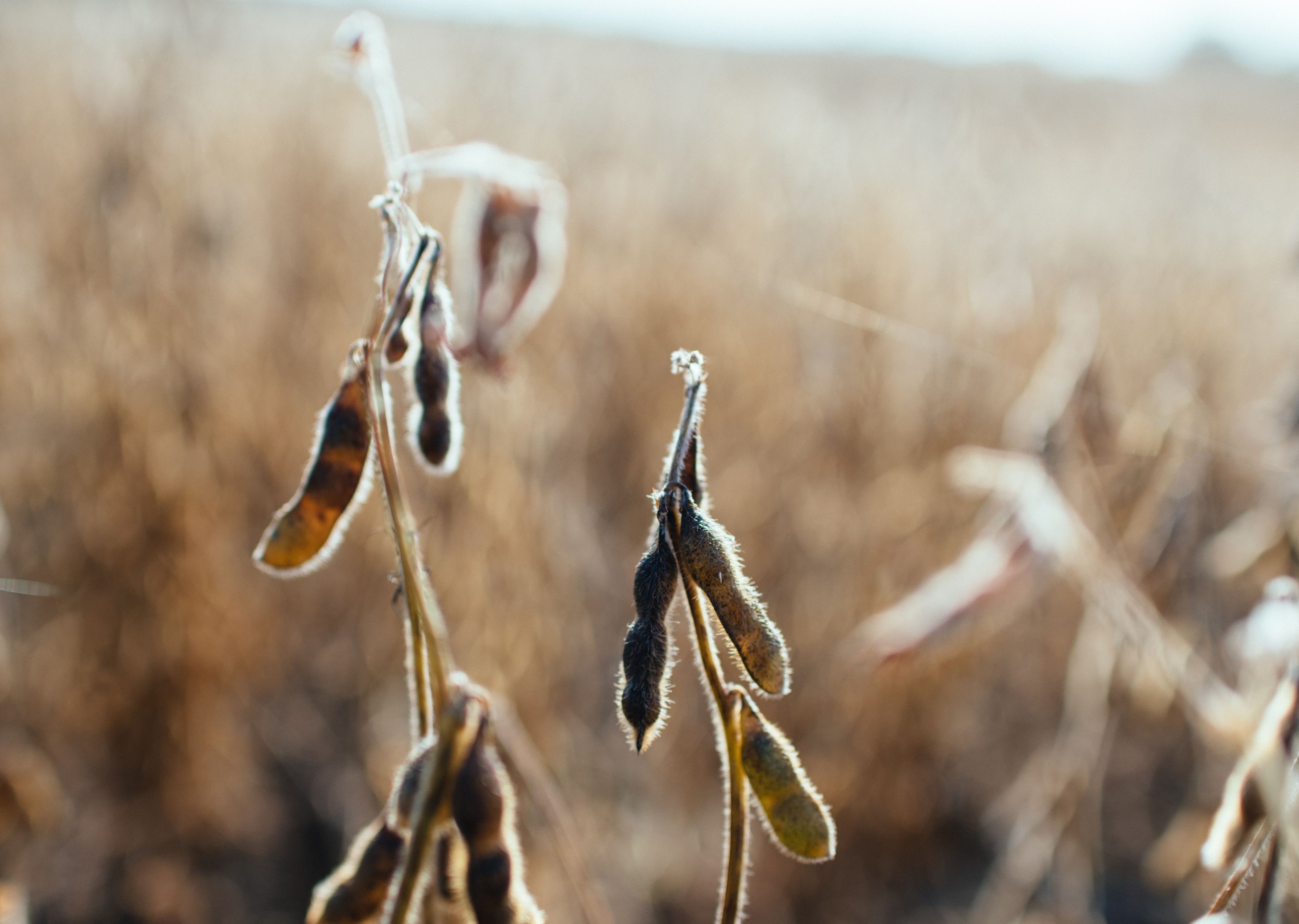
They saw a demo on how to prepare land and plant seeds in an efficient manner, and learnt integrated pest management techniques to reduce infestation rates in the soybean crop.
“Auraton ko kahan training milti hai? (When do women get training (in farming)? We were doing everything on our own. It has been years since I went to school, but the exposure visit felt like I was back in the classroom again after a long time,” says Pawar.
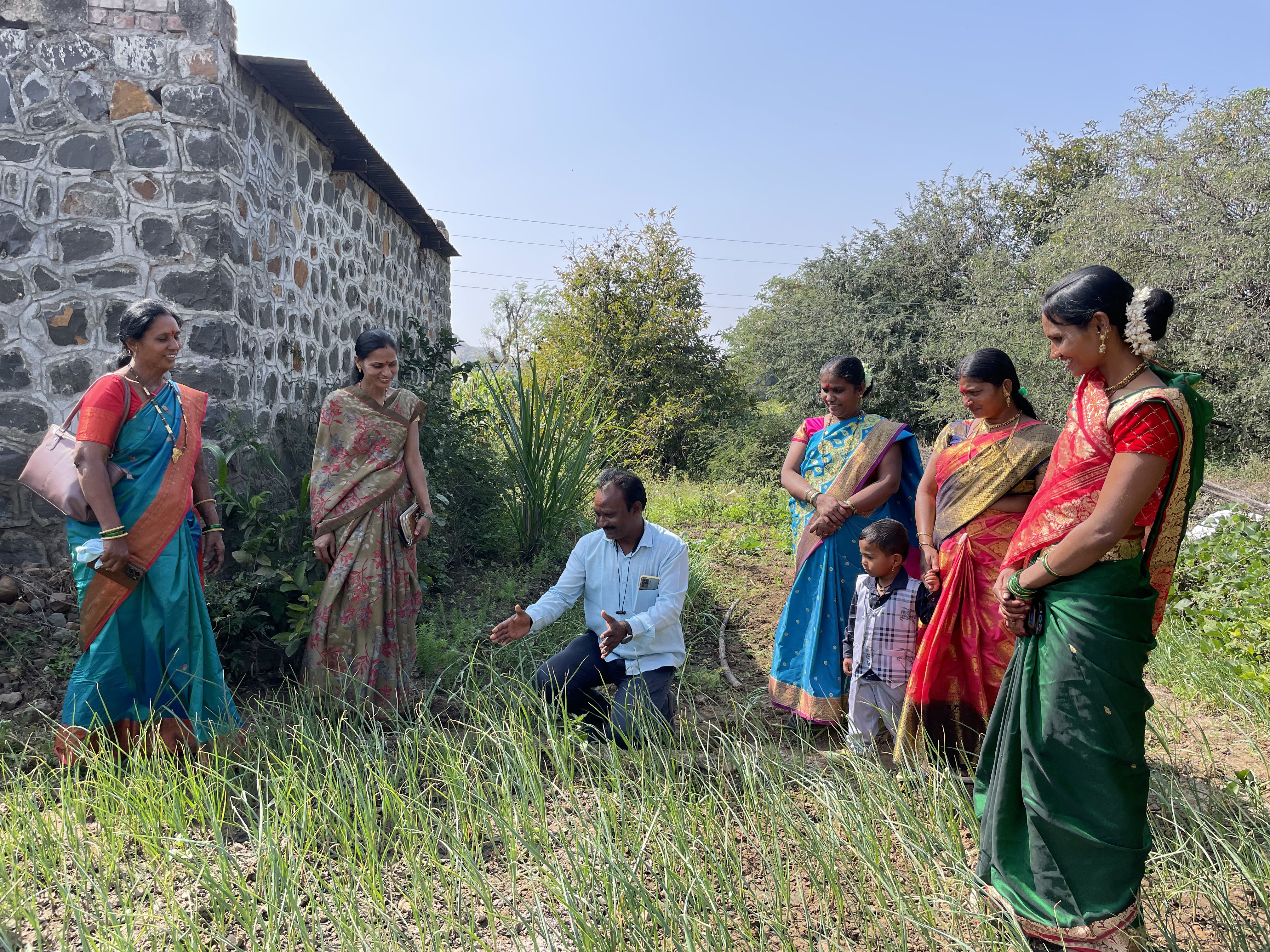
The women attending a training
The women attending a training
In the next few months, they were also given demos on growing onions, vermicomposting, kitchen gardening and support and guidance in doing the same.
The unique training methodology of seeing by doing not only enabled women to receive training, but also share ideas and learn from each other through observation and experimentation.
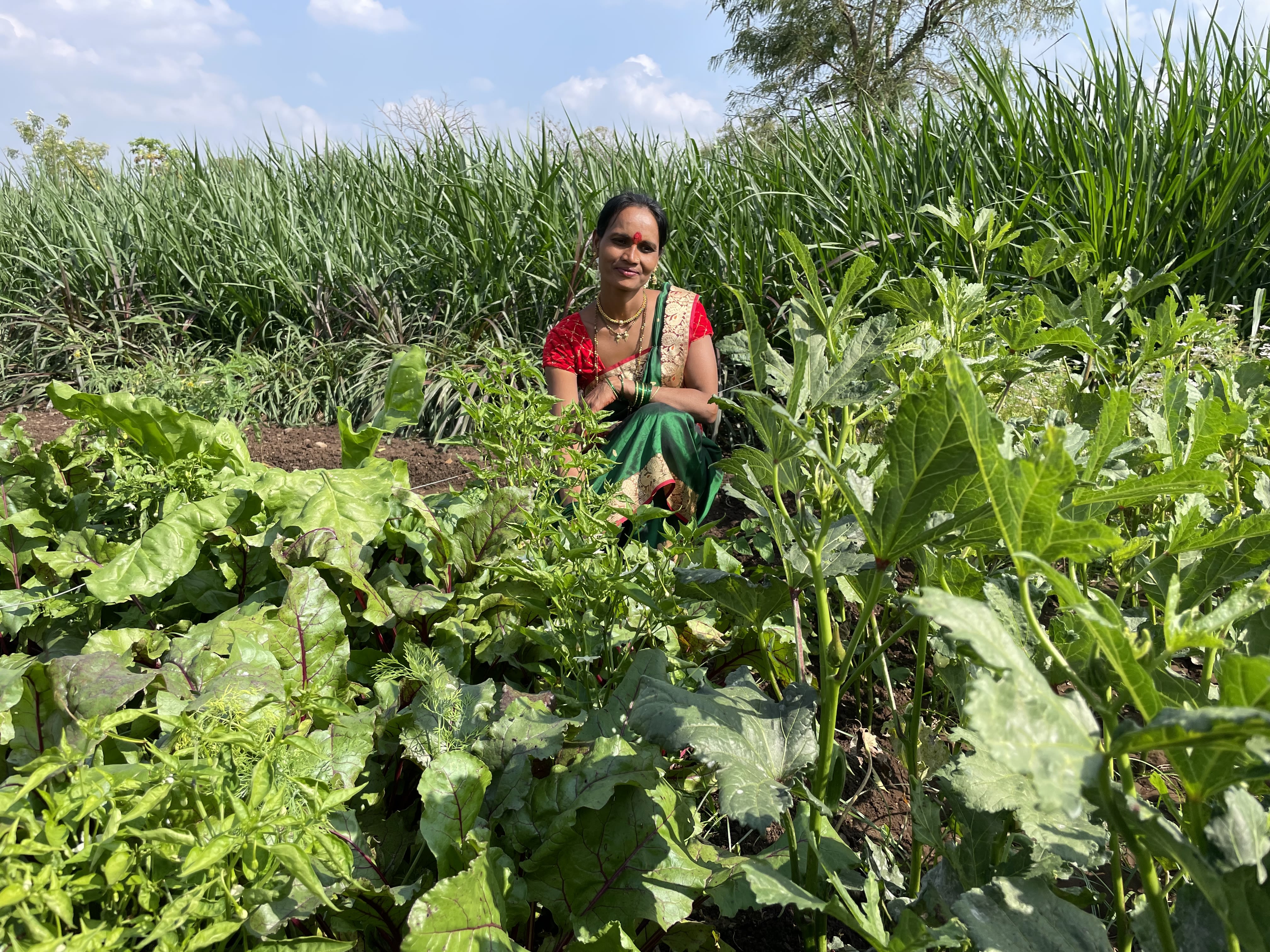
“Since the very first meeting, everything has changed. At first, I wondered what new things I could learn. But when the meeting was over, I liked it so much that I wanted to know when the next one would be,” says Pushpa.
The women have also been quick to apply the learnings from the field school to their farms. They have seen major changes both in their household and farming activities as a consequence.
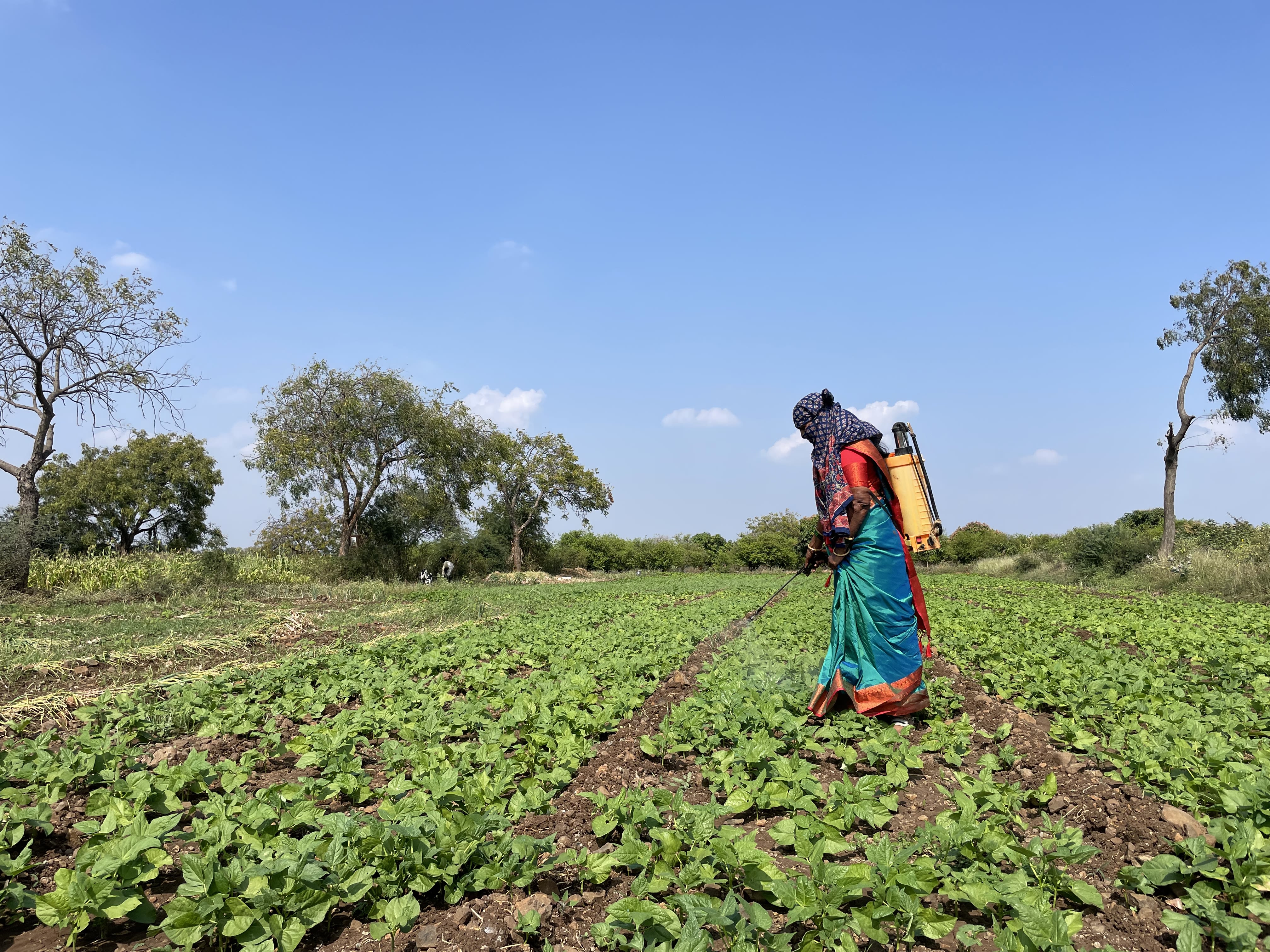
They saw a demo on how to prepare land and plant seeds in an efficient manner, and learnt integrated pest management techniques to reduce infestation rates in the soybean crop.
“Following practices prescribed by WOTR, I was able to raise my soybean yield by nearly 20 percent this year,” Pushpa says. When they sow crops in the coming season, they say they plan on using methods of land preparation learnt at the field school for better results.
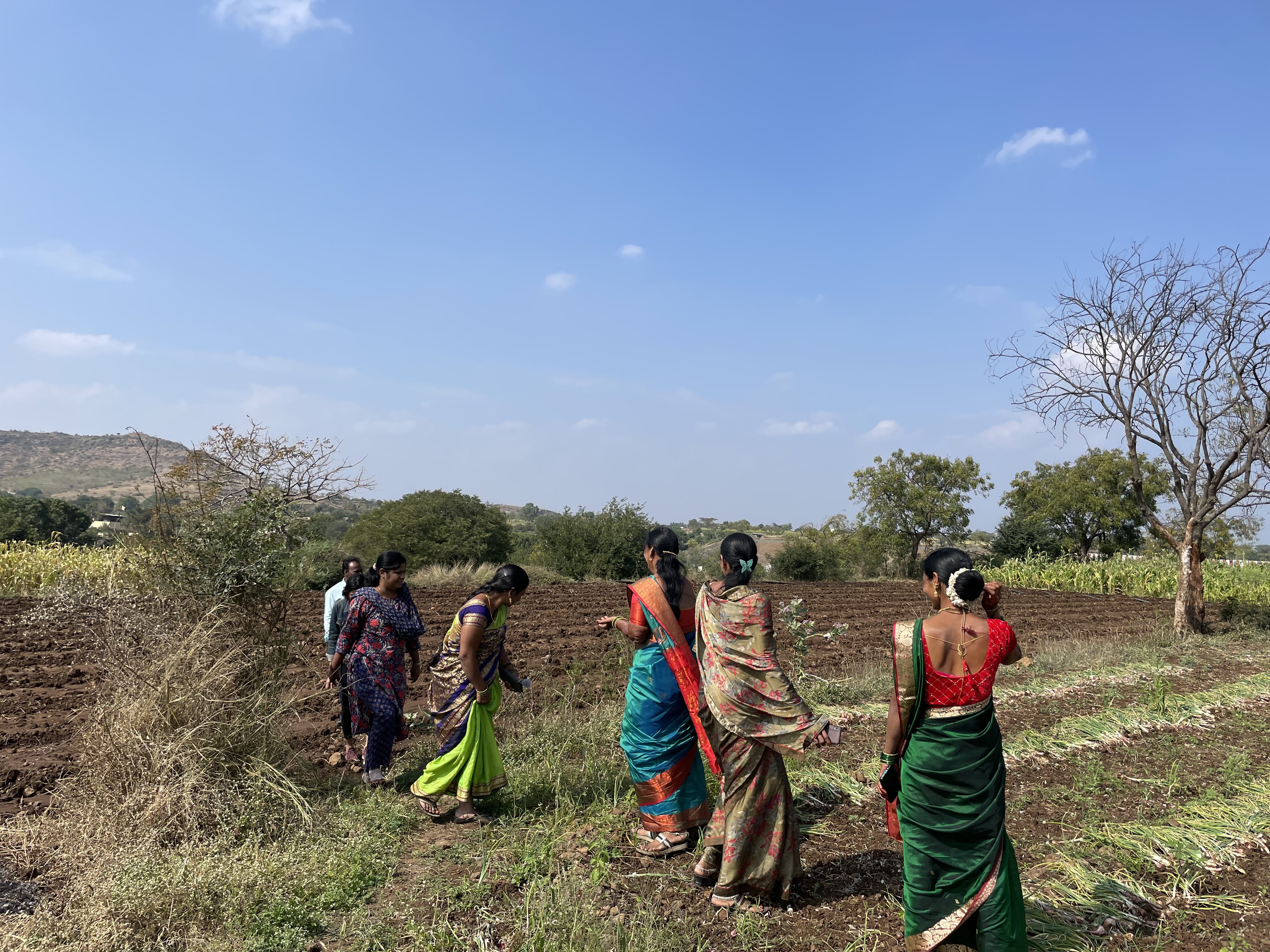
They also learnt the right way to spray bio-pesticides, a task traditionally performed by men, in the village. Some like Pashpute, have now taken up kitchen gardening, to have access to vegetables for their family throughout the year.“None of these things ever happened in this village. When the FFS started, all these things started,” she says.
Spending time with each other on field, it wasn’t long until the women became good friends.
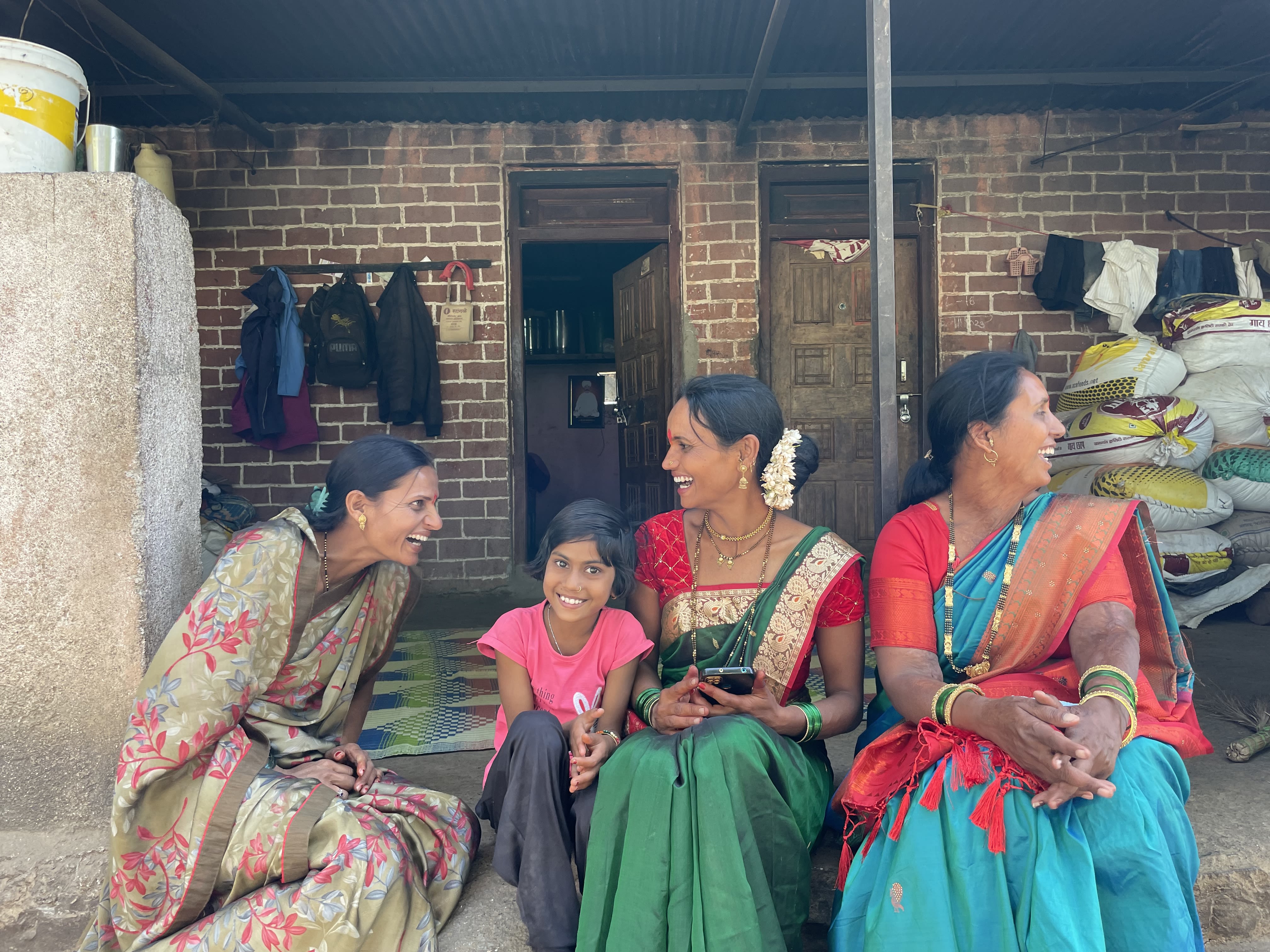
In a short time, the women have become close friends
In a short time, the women have become close friends
“Kam samay mein gehri dosti ho gai hai (A deep friendship has developed in little time) We share everything with each other and are also each other’s support,” Pushpa says. She is a survivor of domestic abuse and an acid attack, inflicted by a husband whose one too many violent outbursts forced Pushpa to walk out on a marriage of 20 years two years ago.
“I came back to my baba a year and a half ago, but it is only in the last few months that I have found people I can call my friends,” she adds.
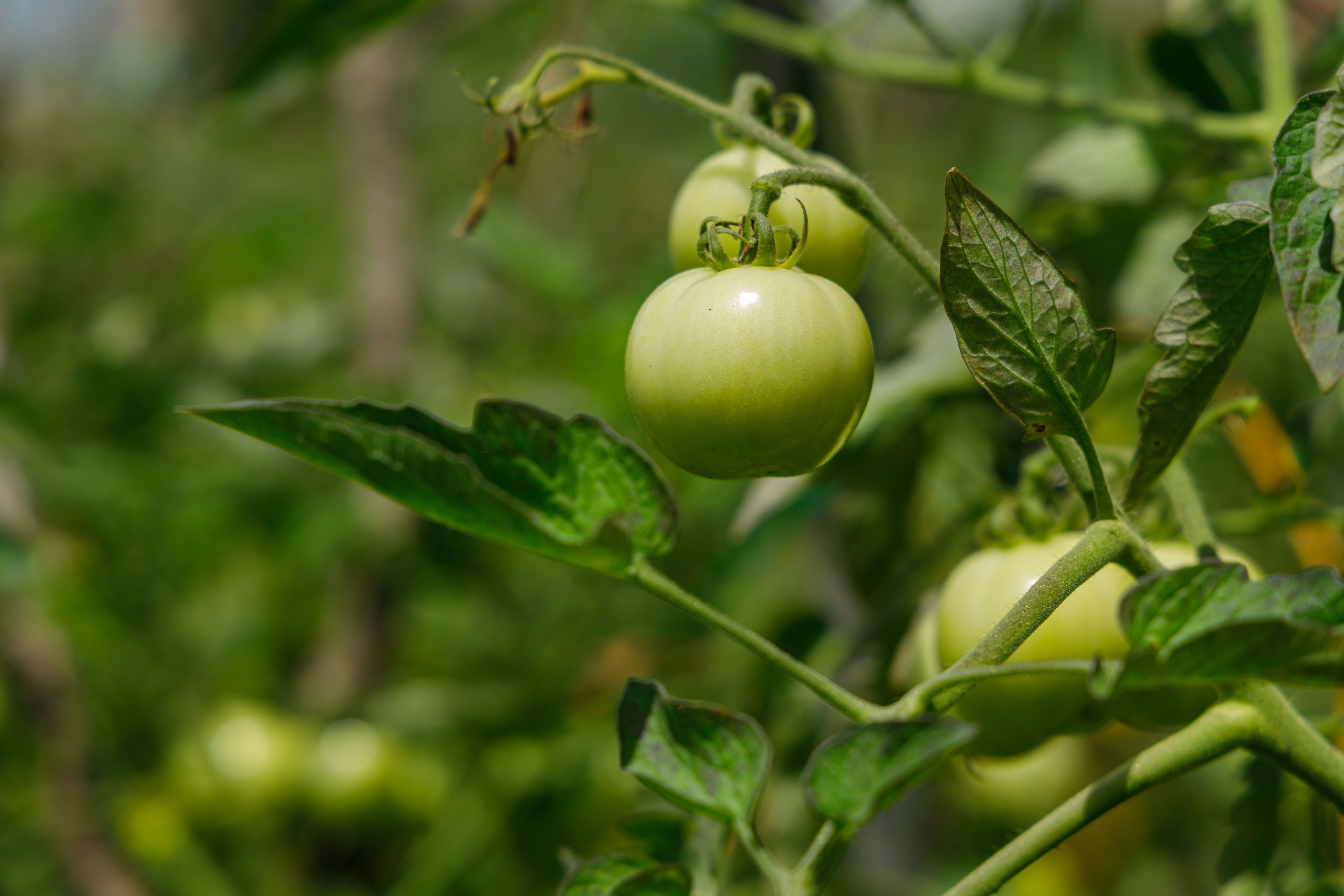
Kitchen garden demos were given along with others
Kitchen garden demos were given along with others
In the next few months, they were also given demos on growing onions, vermicomposting, kitchen gardening and support and guidance in doing the same.
The unique training methodology of seeing by doing not only enabled women to receive training, but also share ideas and learn from each other through observation and experimentation.
“Since the very first meeting, everything has changed. At first, I wondered what new things I could learn. But when the meeting was over, I liked it so much that I wanted to know when the next one would be,” says Pushpa.
Then, there is Usha whose husband’s accident in 2020, combined with alcohol addiction, left him unable to migrate to sugarcane fields for cane cutting - the chief economic activity for families in this village, in absence of a perennial source of irrigation for year round farming.
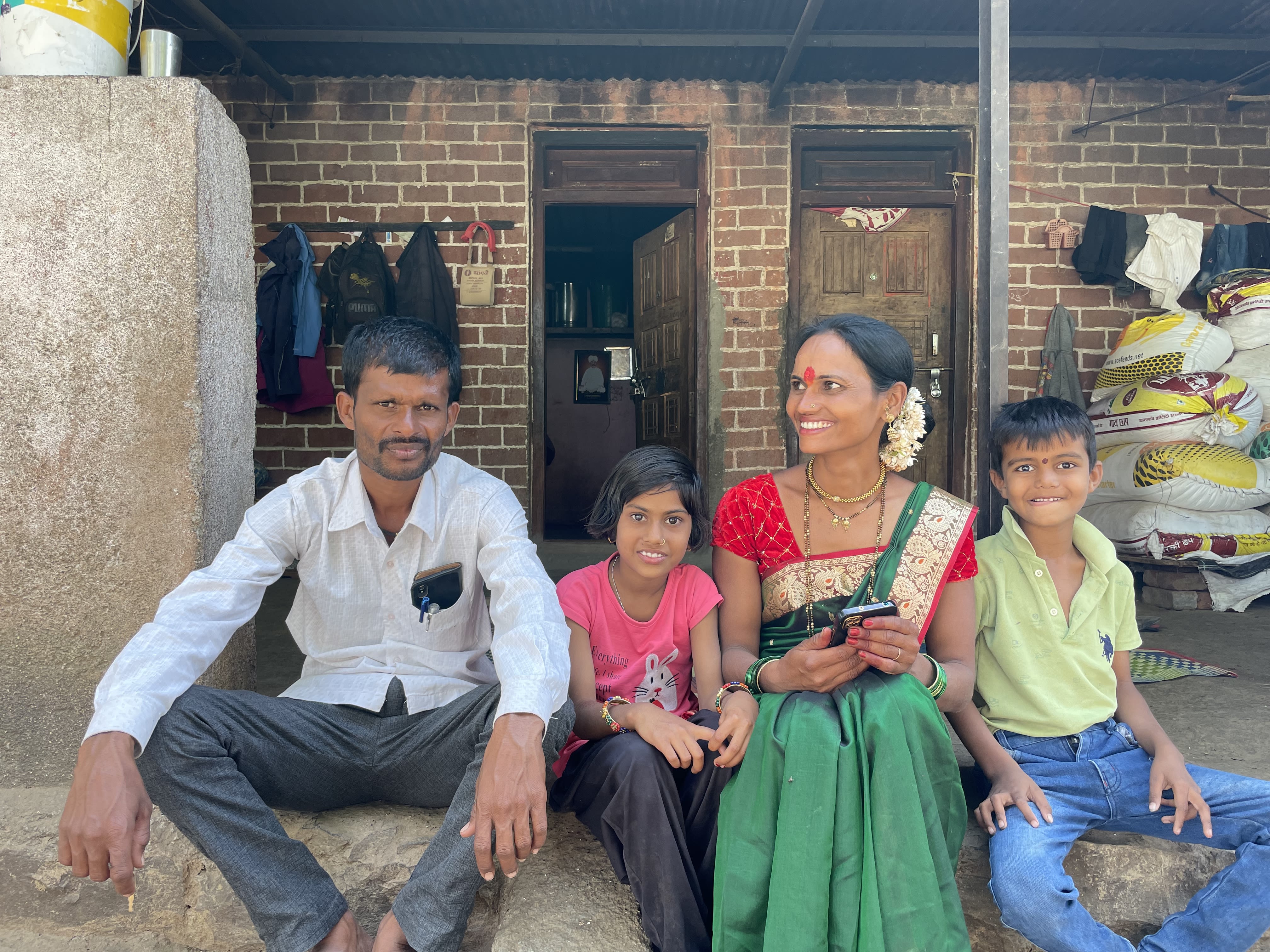
“My husband is there, but I have to take care of most things, she says. “Being a part of the group and discussing things with them makes me feel less alone, ” she says.
The community that the women have discovered with each other and in the group has, in that sense, resulted in a huge fillip in their confidence. They want to learn more, and do more. “We want more trainings, and more guidance. We want to learn how to operate machinery, and how to form collectives to start our own food production enterprises. Anything the men can do, we can also do,” Jaishree insists. Hope, once faint, shines bright in her eyes.
A project supported by

To invest with WOTR for its initiatives to mobilise communities and develop sustainable livelihood oppurtunities, write to Madhavi Kadrekar at info@wotr.org.
